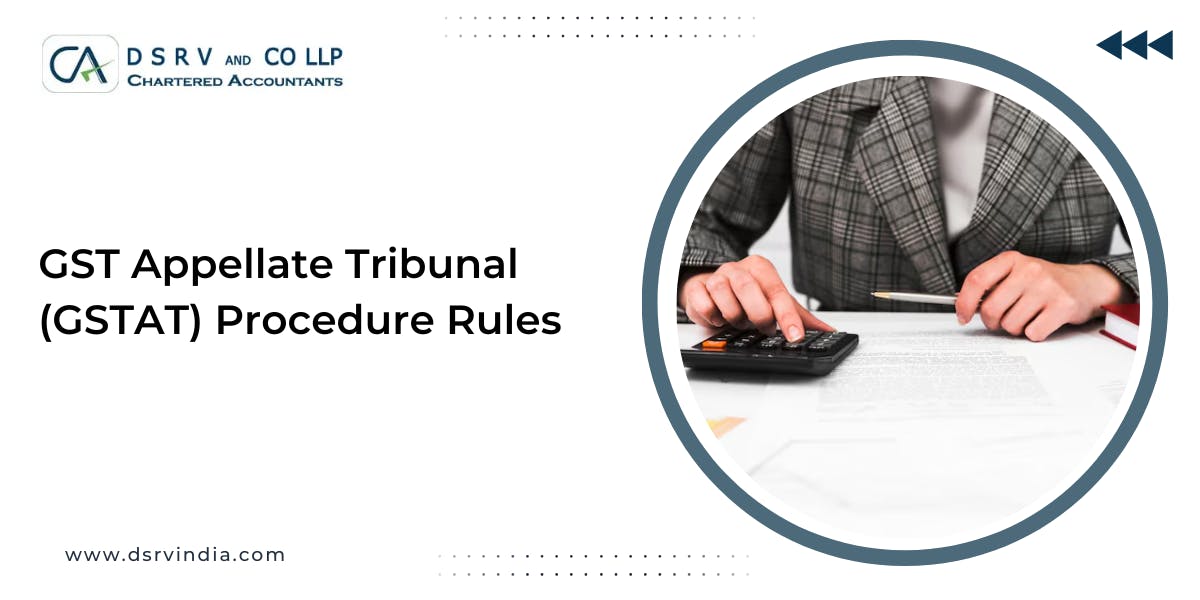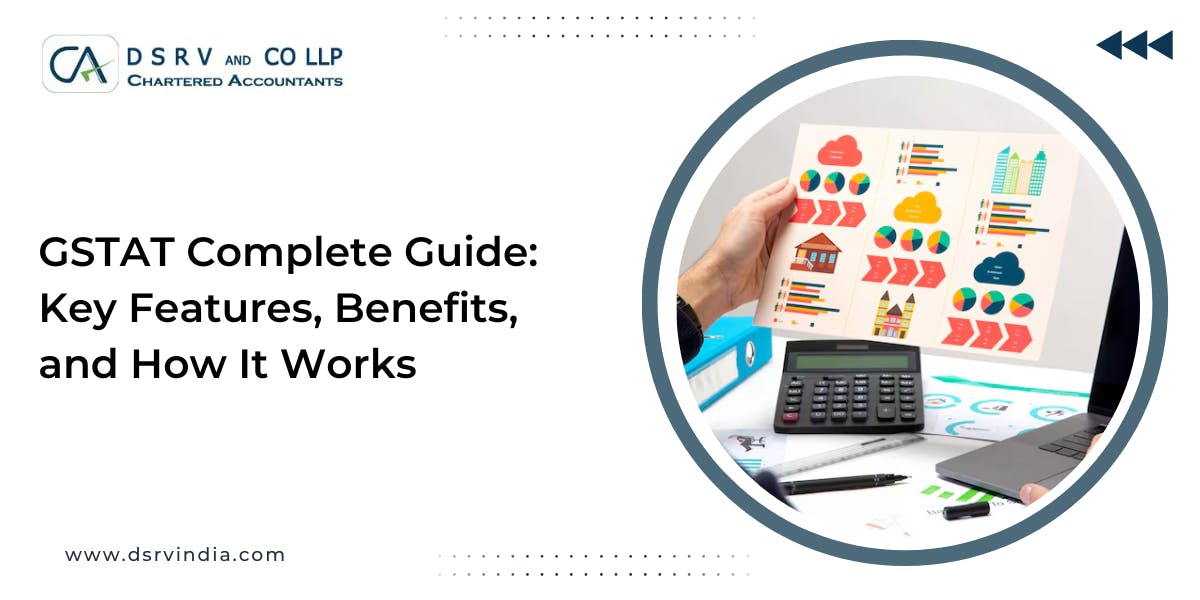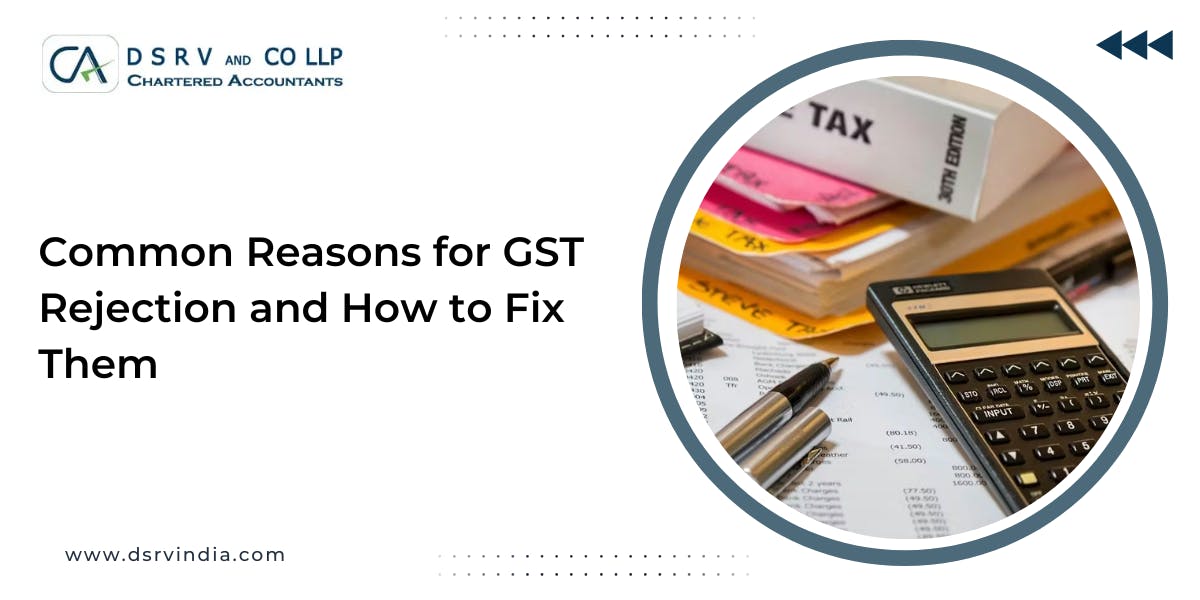Recent Tax Controversies On Cross Border Transactions [2025]
The taxes levied on cross-border transactions are determined by the value of the goods or services. Companies need to be aware of the tax laws and regulations within both countries. This includes transfer pricing (TP), customs, goods and services tax (GST) and anti-dumping rules. As the top GST consultant in Gurgaon, DSRV India is here to walk you through everything on taxes to clear out the controversies. Let's go through the various complexities businesses face regarding taxes in cross-border transactions.
Complicated Regulatory Landscape
Navigating the complicated rules and regulations of two nations during cross-border transactions can feel overwhelming for businesses. Your company will first need to know the value of your goods and services. Based on the value, the import or export charges are determined. Next, the separate charges of Goods and Services Tax, Transfer Pricing, Anti-Dumping Duty, and Customs Duty need to be known by companies. This helps with gathering the right documentation and accounting for the payments needed for compliance with all regulations.
Gathering Documentation
Collecting the necessary documentation for each tax process can become hectic for businesses in India. Although the process is extensive, it is an important step to ensure compliance with laws and regulations. It is advisable for companies to systematically record every tax which would be applicable when undergoing cross-border taxation. This would help your business to keep financial statements clear and be prepared when cross-checking the final account balance. It will also help you avoid any unexpected tax penalties or possible cases of tax fraud within the financial transactions of your business.
Conducting financial audits in your company is another way of mitigating problems your business may face. It helps in identifying any errors or discrepancies before you move ahead with your cross-border transactions. The most effective way of ensuring that you are fully prepared with needed documentation is by consulting financial experts. Our team at DSRV India is always ready to assist you.
Recommended: A Detailed Guide on Global Business Expansion for Indian Companies
Transfer Pricing
Transfer pricing refers to the price which is undertaken when two related entities partake in a cross-border transaction. It was introduced in The Finance Act, 2001 under Transfer Pricing Regulations and is included in the Income Tax Act, 1961. Meanwhile, transfer pricing differs between unrelated parties. When it is done between unrelated companies under uncontrolled conditions, then it is known as the “Arm’s Length Price (ALP)”. So, from this, we understand that transfer pricing helps in determining the income of two entities when involved in cross-border transactions.
Goods and Services Taxes (GST)
Under the GST Act in India, cross-border transactions are recorded under the CGST Act, 2017 and IGST Act, 2017. There are different rules applicable to the import and export of goods and services. It is essential for businesses to read up on the specific rules and regulations before conducting cross-border transactions. You may also need to pay Customs Duty after IGST is applied to the value of goods after import. To know more about this, read about the effects and impact of GST on cross-border transactions.
Read Also: Effects And Impact Of GST On Cross Border Transactions - DSRV India
Anti-Dumping Duty
This rule helps to safeguard India from unfair trade practices where the goods exported from another country are sold at a price lower than their actual value. The Anti-Dumping Duty (ADD) helps the government to prevent material injury from being implicated in domestic industries, whether it is on profits, output, market share, sales, productivity, employment, stocks/inventors, sales, and so on. You may find details of Anti-Dumping Duty under Article VI of GATT, 1994. The General Agreement on Tariffs and Trade of 1994 (GATT) needs to be agreed upon by member nations of the World Trade Organisation (WTO), to ensure fair practice of trade during cross-border transactions.
Customs Duty
Customs duty is imposed on the import and export of goods and services during cross-border transactions from India to other countries. It is payable during the time of the transaction. When it comes to India, all goods and services are exempt from paying customs duty during the export of products. They are treated as zero-rated supplies under GST. Instead, custom duty is only imposed during the import of goods and services in cross-border transactions.
When calculating customs duty, you need to know the taxes which are charged under the Basic Customs Duty (BCD), Social Welfare Surcharge and IGST. BCD is determined according to the price of products based on their unit, or based on their value. Social Welfare Surcharge is charged based on 10% value of the goods. IGST is charged on all imported goods and services. DSRV India, the best income tax consultant Gurgaon, ensures to guide you through every detail of customs duty applicable to your company’s cross-border transactions.
Risk Of Double Taxation
Businesses in India might get entangled in double taxation. It is a situation where two entities find themselves having to pay double taxes on the same income, from two different countries. To avoid this, India has Double Tax Avoidance Agreement (DTAA) to avoid the possibility of double taxation arising during cross-border transactions. This helps in identifying the cases where exemption of taxes may be applied and reduce the total amount of taxes applicable. This treaty includes 94 detailed DTAAs and 8 limited DTAAs. It helps in ensuring there is fair practice of trade with the right tax being allocated during cross-border transactions.
Read More: Complete Guide to Understanding What is Withholding Tax on Foreign Payments in India
Conclusion
The taxes levied on cross-border transactions may be complex, however, with proper awareness and guidance from experts, you can navigate through every stage with ease. It is important to know about all rules and regulations involved to ensure there are no issues with compliance with taxes.
Contact DSRV India, the top chartered accountant firms in gurgaon, for a detailed walkthrough of rules and regulations, and regular compliance audits for your company.


![Recent Tax Controversies On Cross Border Transactions [2025] - blog poster](https://images.prismic.io/dsrvindia/Z1F7FZbqstJ98D8f_RecentTaxControversiesOnCrossBorderTransactions%5B2025%5D.png?auto=format%2Ccompress&fit=max&w=3840)



